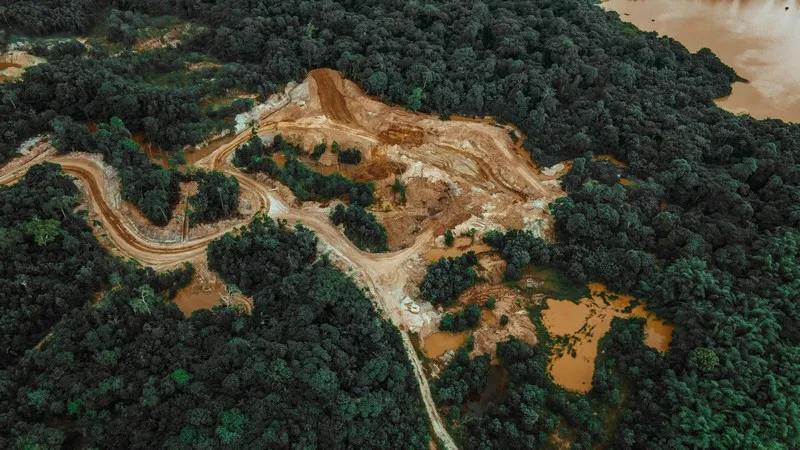Neoliberalism, a dominant economic ideology of our time, has had a profound impact on various aspects of society, including the environment. One of the concerning consequences of neoliberal policies is the encouragement of deforestation. This blog post aims to outline and explain how neoliberalism contributes to the ongoing issue of deforestation.
1. Privatization of Natural Resources
Neoliberalism promotes the privatization of natural resources, including forests. Under neoliberal policies, governments often reduce their involvement in resource management and allow private entities to exploit these resources for profit. This approach creates an incentive for businesses to engage in unsustainable practices, such as clear-cutting forests, as they prioritize short-term gains over long-term environmental sustainability.
2. Deregulation and Weakened Environmental Protections
Neoliberalism emphasizes deregulation and the reduction of government intervention in the economy. While this can lead to economic growth, it also weakens environmental protections. In the context of deforestation, deregulation often means relaxed regulations on logging activities, making it easier for companies to engage in destructive practices without facing significant consequences. Weakened environmental protections allow for the exploitation of forests without adequate safeguards to ensure sustainable practices.
3. Expansion of Agribusiness and Monoculture
Neoliberal policies have facilitated the expansion of agribusiness, particularly in the form of large-scale monoculture farming. This type of agriculture often requires the clearing of vast areas of forest to make way for cash crops like soybeans, palm oil, and cattle ranching. The pursuit of profit and increased global demand for these commodities incentivize the conversion of forests into agricultural land, leading to extensive deforestation.
4. Trade Liberalization and Globalization
Neoliberalism promotes trade liberalization and globalization, which have significant implications for deforestation. The increased demand for timber, agricultural products, and other commodities in the global market drives the expansion of industries that rely on deforestation. Furthermore, the global supply chains that emerge from trade liberalization often lack transparency, making it difficult to trace the origin of products and hold companies accountable for their environmental impact.
5. Extractive Industries and Infrastructure Development
Under neoliberalism, there is often a focus on promoting extractive industries, such as mining and oil drilling, as well as infrastructure development projects. These activities frequently require the destruction of forests to access natural resources or construct roads and infrastructure networks. The pursuit of economic growth and attracting foreign investment can lead to the prioritization of these projects over environmental considerations, resulting in extensive deforestation.
Conclusion
Neoliberalism, with its emphasis on privatization, deregulation, and global trade, has created an environment where deforestation is encouraged. The pursuit of profit and economic growth often takes precedence over environmental sustainability, leading to the destruction of vital forest ecosystems. Addressing the issue of deforestation requires a critical examination of neoliberal policies and the development of alternative approaches that prioritize both economic prosperity and environmental stewardship.





